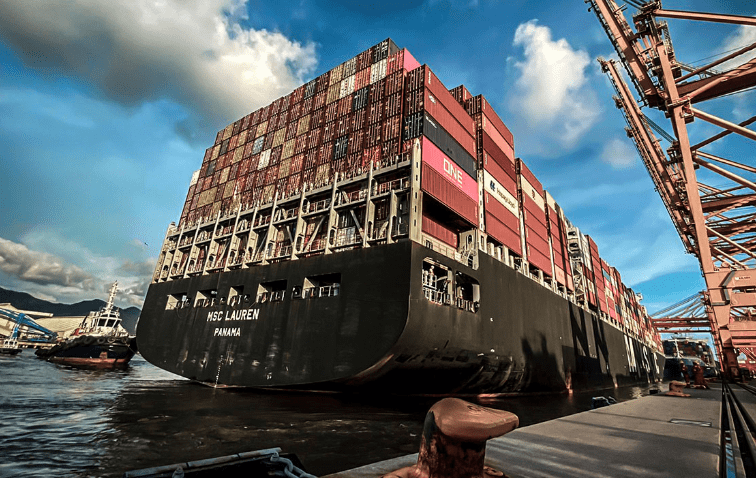IMMEX is a tariff deferral program established in 2006 to increase the competitiveness of the Mexican export sector.
In general, this program provides benefits to authorized companies engaged in international trade. Some of its features are as follows, according to the USITC.
Mexico‘s Federal Tax Code and Income Tax Law limit participation in IMMEX to authorized domestic companies and foreign companies with a local subsidiary.
IMMEX has five types of participants. The most common is IMMEX industrial companies, which is a status granted to companies that use imported materials and carry out industrial manufacturing processes or transform goods for export.
Program also allows participating companies to temporarily import goods into Mexican customs territory and defer the payment of import duties or General Import Tax (IGI) in Mexico.
When an IMMEX company exports such temporarily imported goods (stored or used to manufacture other goods) to foreign destinations, duty payments are exempted on such temporarily imported goods, except with respect to those destinations for which duty exemption restrictions apply.
In that sense, when an IMMEX company sells temporarily imported goods to a domestic consumer or exports such goods to a T-MEC partner country (or to the European Union), such goods are treated as «definitive» imports by the Mexican customs authorities, and the IMMEX company must pay the applicable Mexican customs duties on them.
IMMEX
The applicable tariff may be the MFN tariff rate, a preferential tariff rate under free trade agreements to which Mexico is a party, or a reduced tariff rate available to PROSEC participants.
The key program provisions apply with respect to products manufactured for export or for delivery to and use by other IMMEX companies or original equipment manufacturers to produce their own products for export.
Under program, temporarily imported inputs, components and raw materials may remain in Mexican territory for up to 18 months. Companies granted IMMEX status must export a minimum of US$500,000 annually or must have exports representing a minimum of 10% of annual sales.
Companies participating in IMMEX must file an annual electronic report of total sales and exports for the immediately preceding fiscal year.
Automotive parts manufacturers in the United States, Europe, China and Japan are the main participants in IMMEX, with additional benefits from automotive tax warehouses.
Other prominent industries using IMMEX include aerospace, clothing and apparel, and personal care products.
The time required to establish an IMMEX manufacturing operation is about three to four months.
A free trade zone production application can take 12 months.
The initial application is reportedly difficult. IMMEX applicants must specify intended inputs, finished goods, equipment, and number of employees.
Companies must comply with program regulations and submit to «exhaustive» audits.
If non-compliances are detected, companies may lose eligibility to participate in the program.

